
OR
The collaboration among art, science, and technology can create wonders and breed innovations that change our lives for the better. In order to celebrate this collaboration, the Robotics Association of Nepal (RAN) organizes Yantra annually. This event provides a platform for young enthusiasts and engineers to showcase their creative and genius inventions. The Week caught up with some of the winners of this year’s Yantra 5.0 to talk about their competing experience as well as to reflect on the present prospects of the tech field in our country.
Kushal Wagle, +2 graduate
Category: Manual Akhada
Wagle was up against 16 other teams at Yantra this year but the 17-year-old seemed oblivious to any pressure; flipping, pushing and beating his competitors’ robots sometimes even within the first four seconds. It’s what he claims to have wanted to achieve ever since having first participated in Yantra back during his school days.
He remembers the first time he had participated as part of a team with his older brothers. Apparently, they were the only ones in the competition with a plastic robot. Others had made theirs with metal. Since then, Wagle claims each year’s competition to have been a lesson and after gaining all the knowledge, this time, he was determined to win.
According to him, the biggest setback for any robotics enthusiasts in the country is and has always been lack of resources.
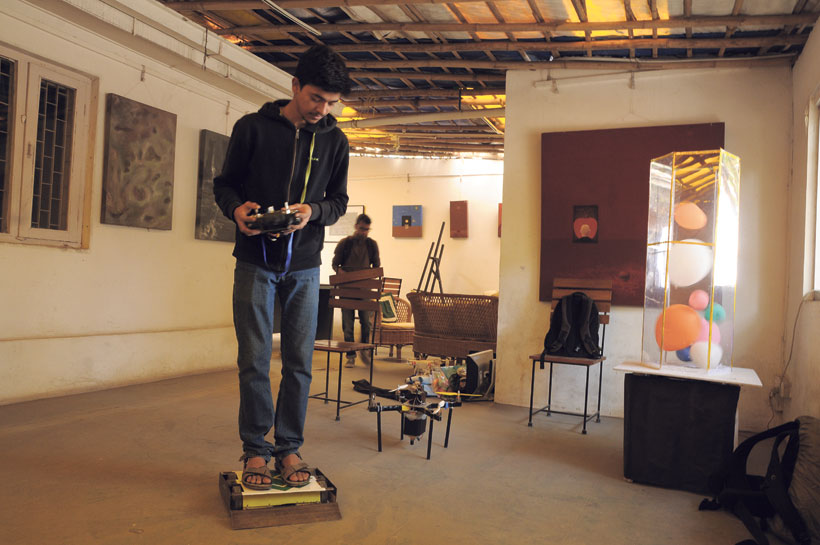
“The materials you choose to build your robot with are crucial. I have learnt that this is often the deciding factor. But our market doesn’t have the variety of options or quality that is required for me to achieve the best results. Even things like controllers and remotes aren’t available here. So I chose to ask relatives living abroad to help me this year,” says Wagle.
From dismantling toy cars as a child for fun to building competition-winning robots, he has certainly come a long way and he hopes to go further. He shares that he wants to represent Nepal in Battle Bots one day. These are robot battles as well, but in a totally different level. To give us a sense of the standards, he explains that robots participating here are famous for their variety of weapons, titanium frames and bullet-proof glasses.
Wagle also predicts that he will probably have to go abroad to study and build his knowledge on robotics to reach that level. It’s not that he isn’t satisfied with the encouragement he has been getting from his mentors involved in this field but the issue of lack of resources remains.
Wagle shares, “It’s been really interesting to attend various workshops on mechanics and robotics like the ones carried out by RAN. They introduce new technologies and even encourage us to participate in using them. I have also had the opportunity to participate in projects. It’s been a good starting point but our country still has to develop in this sector.”
And he believes that allowing more exposure to students might be the answer. Wagle talks about the robotics club that he had helped start at his college. Even those who hadn’t shown any interest in the field ended up joining workshops and getting involved in classes. So Wagle believes that more exposure teamed with creative teaching would benefit the future of tech in the country.
Team: Sagar Lamichhane, Manish Adhikari, Ashish Jeshwal, 3rd year Electronics students, Kathmandu Engineering College
Category: Krishak Copter
This was the first time engineering students were challenged with a local competition that asked them to build a drone. The theme of the category was set with a goal to come up with ideas that might assist the agriculture sector. Lamichhane and his team, who have been keeping tabs on Yantra since its first year, took this as another opportunity to learn.
“Self initiation is very important if you are an engineering student here in Nepal,” he explains, “None of our classes has taught us how to fly a drone so competitions like these often prove to be very motivating.”
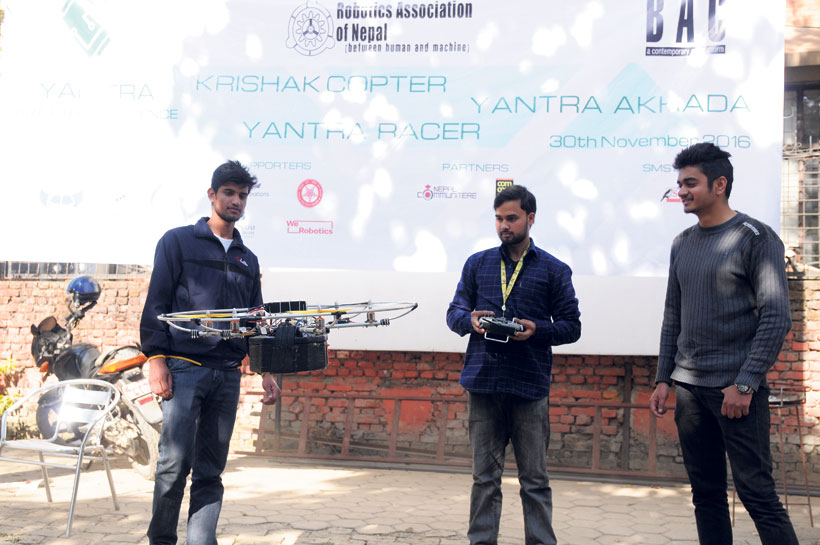
Like the other participants, they too began their own researches on principles and techniques, scoured the market for material availability and carried out several trials, all for the competition. The design that this team of Kathmandu Engineering College students came up with was a hexacopter that could carry water, spray pesticides and cover a distance of two kilometers. Their hexacopter could be both manually and automatically controlled and had a wireless camera as well.
Their drone was deemed the best among the local participants and lost only to a visiting Bangladeshi team’s design.
“With each year the standard of this competition is only getting better. The requirements of the contest have increased from robots that roll on the surface to automatic and airborne ones. There is a whole different level of skill set and knowledge that’s necessary to compete here today and that’s a bonus for us,” says Adhikari.
He also shares that following the exhibition and their win, they have had invites from a couple of organizations and educational institutes to carry out workshops. They are planning to travel to Baglung, Parvat and Myagdi for this very purpose.
Lamichhane adds that they are all for introducing more practical ways of learning for students interested in this field especially since they feel the lack of it in their own syllabuses.
“We are all working on our own projects but as is the case with our educational system, it ultimately boils down to the tests. For example, we had to miss a couple of classes while participating in Yantra and we have received low marks because of that. We are neglecting the importance of practical experience,” says Lamichhane.
Team: Ishan Chikambazar, Rabindra Dhakal, Prajwal Devkota, Bikram Lapit, B.E. final year students, Khopang Engineering College
Category: Automatic Akhada competition
Inconveniently enough, just a day before Yantra 5.0 kicked off, this group found out that their brand new, competing robot wasn’t functioning as it was meant to. They suspected some motor issues. So even though they had started their preparations straight after the Dashain vacations, they were still tinkering about till the very last moment.
It’s sort of the high stake, high pressure and exciting environment they have come to accept from these RAN organized robotics competition.
“It’s actually the only proper platform where we get to compete with other colleges. Each year has it’s set of themes and trying to meet their requirements is an interesting challenge both technically as well as creatively,” says Dhakal.
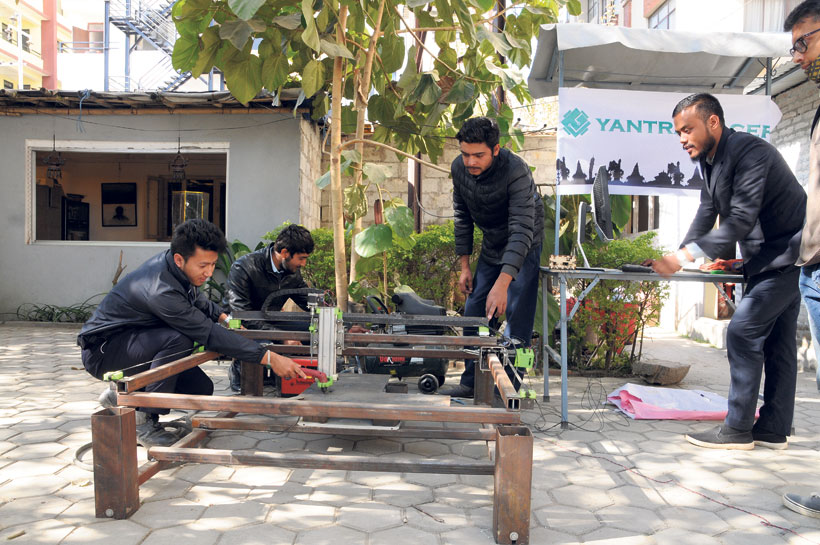
Having competed in previous Yantra competitions as well, Dhakal claims his team has gathered a lot of experience and practical knowledge.
Virtues, they were sure, would help them win despite the last minute challenges. And their prediction was indeed spot on. The Khopang Engineering College students also share that they wished they could have this sort of certainty where their future and career prospects were concerned. Apparently, each of them has, at one point or other, been questioned about the scope of their chosen major.
Devkota further elaborates, “The current trend is civil engineering. Students flock over to these classes because they offer job security. Electronics, on the other hand, doesn’t have the necessary support. There isn’t a single engineering college where the quota for electronics is met. Even those who are interested are scared of pursuing this degree.”
The team cites examples of a few concepts such as paperless offices, home security systems, e-banking and how it’s evident that as a society, Nepal has been lagging behind in adopting technologies. They express their concerns of the impact that this could have on their future and careers as well.
Photos: Pratik Rayamajhi
You May Like This

India, Pakistan soldiers exchange fire across frontier
NEW DELHI, Oct 1: India and Pakistan exchanged fire across their de facto border in the Kashmir region on Saturday, in... Read More...

Second win for Innovative
KATHMANDU, June30: Innovative College on Thursday achieved second win in a row in the men's fixture of 12th Women's and... Read More...

Wins for Innovative and Golden Gate
KATHMANDU,June28: Innovative and Golden Gate on Tuesday recorded wins in the men's section of the Morgan Cup 12th Women's and... Read More...



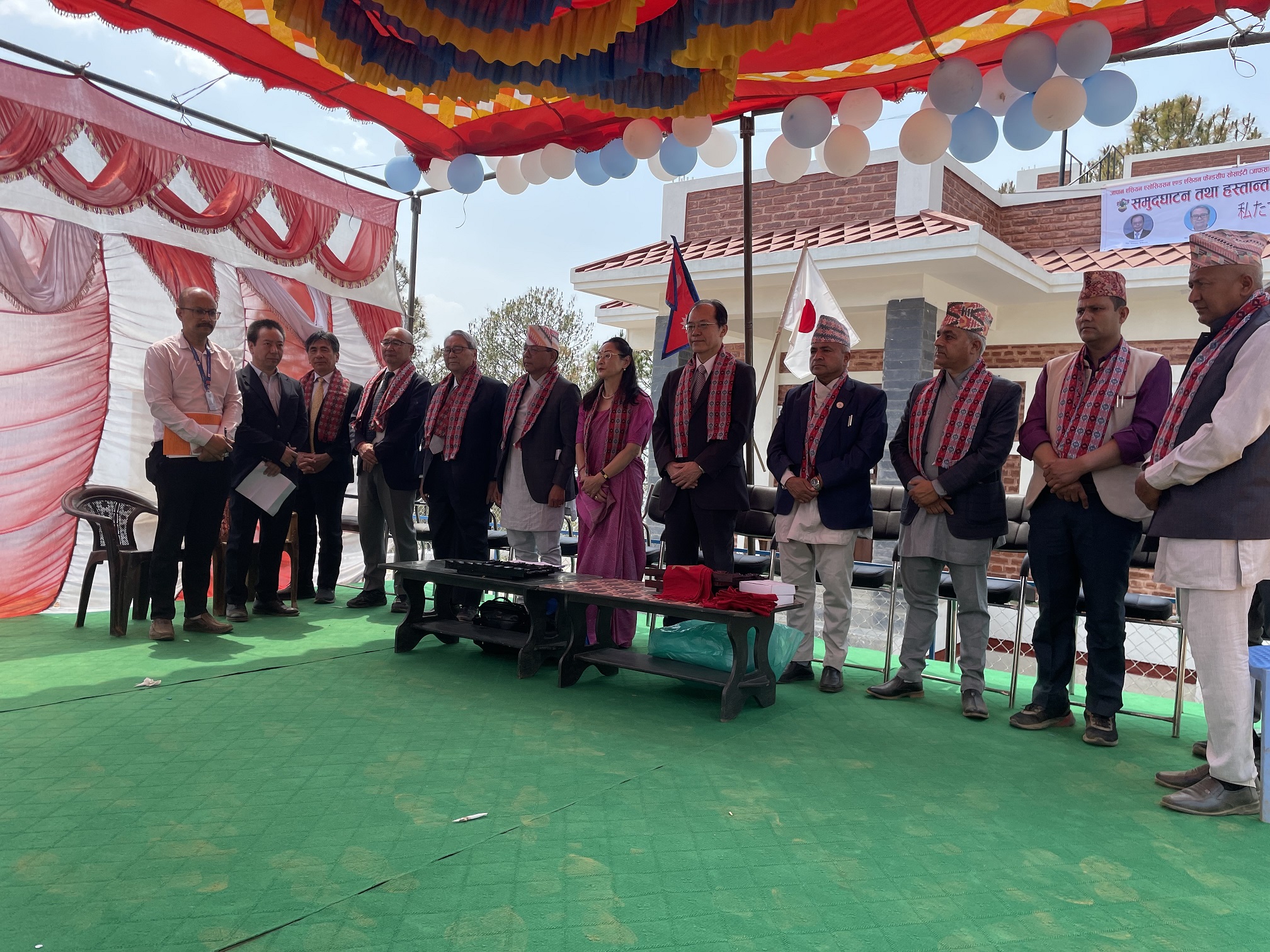
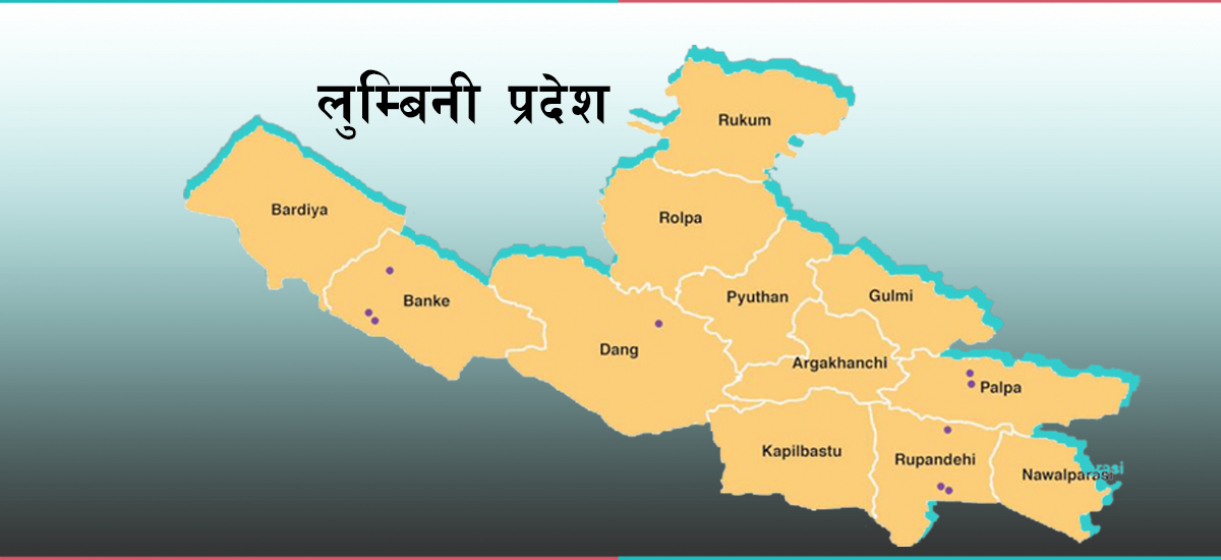
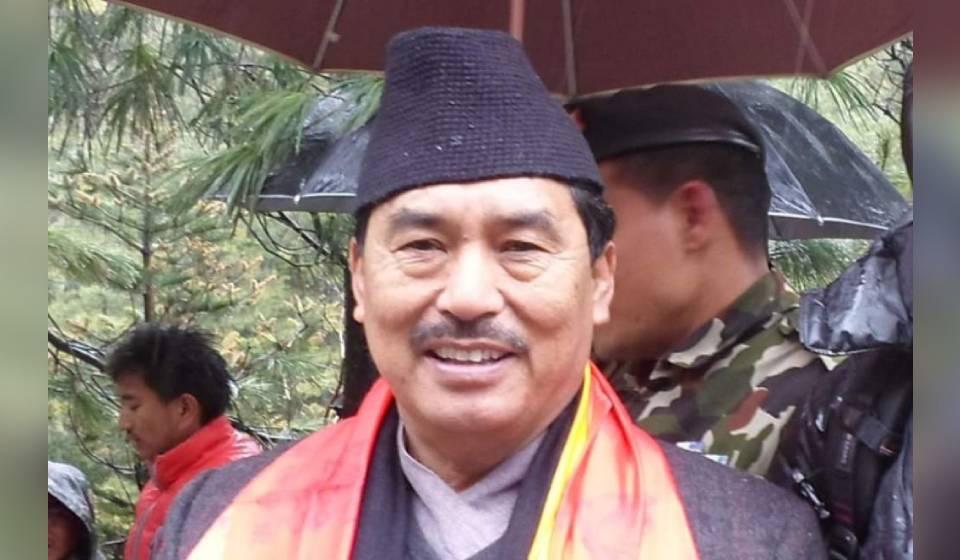


Just In
- Japan hands over Community Center for Disaster Prevention to Indrawati Rural Municipality
- Lumbini: Seven ministers gain portfolios
- NC lawmaker Gurung’s suspension lifted
- Homicide accused arrested after 17 years
- Karnali: Maoist Center’s Pariyar appointed as minister without portfolio
- Illam by-election: Nepal-India border to be 'sealed' from midnight today
- Gold price rises by Rs 500 per tola
- Emir of Qatar returns home after wrapping up state visit to Nepal



_20240423174443.jpg)




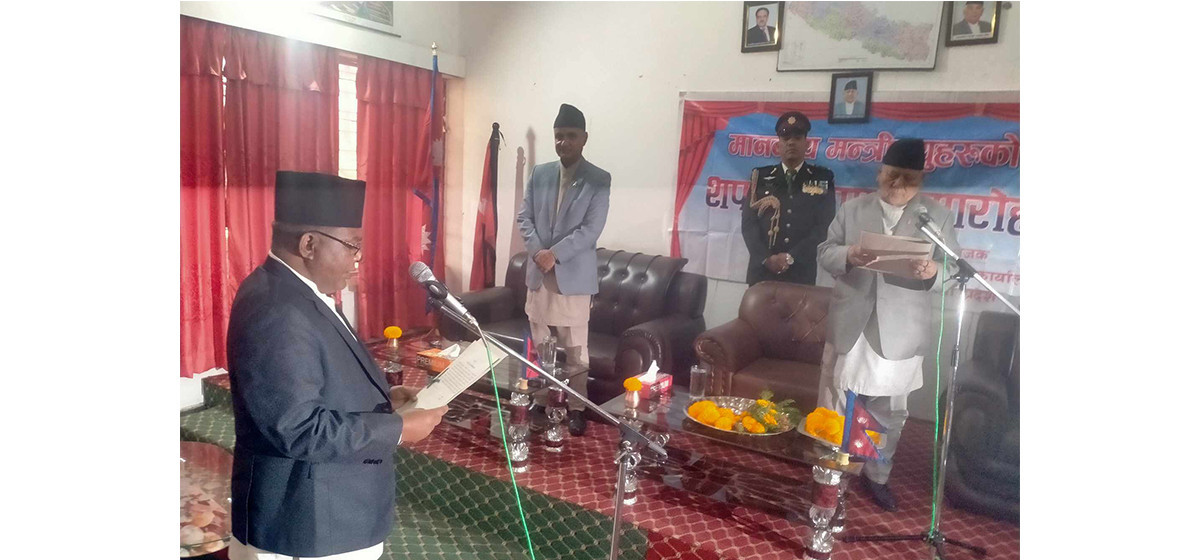

Leave A Comment